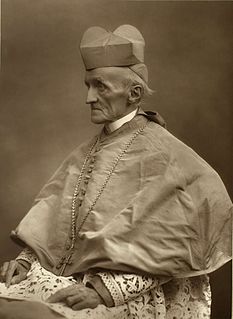A Quote by Robert Green Ingersoll
He raised his hands, not to strike, but in benediction. Lincoln was the grandest figure of the fiercest civil war. He is the gentlest memory of our world.
Related Quotes
An American leader would be derelict of duty if he did not seek to understand all his options in such unprecedented circumstances. Presidents Lincoln during the Civil War and Roosevelt in the lead-up to World War II sought legal advice about the outer bounds of their power - even if they did not always use it. Our leaders should ask legal questions first, before setting policy or making decisions in a fog of uncertainty.
I've just always had a personal fascination with the myth of Abraham Lincoln. And once you start to read about him and the Civil War and everything leading up to the Civil War, you start to understand that the myth is created when we think we understand a character and we reduce him to a kind of cultural national stereotype.
It consists in a watchful, minute attention to the particulars of our state, and to the multitude of God's gifts, taken one by one. It fills us with a consciousness that God loves and cares for us, even to the least event and smallest need of life; and that we actually have received, and do now possess as our own, gifts which come direct from God. It is a blessed thought, that from our childhood God has been laying His fatherly hands upon us, and always in benediction; that even the strokes of his hands are blessings, and among the chiefest we have ever received.
Abraham Lincoln was, in my judgment, in many respects, the grandest man ever President of the United States. Upon his monument these words should be written: "Here sleeps the only man in the history of the world who, having been clothed with almost absolute power, never abused it, except upon the side of mercy."
The question's whether or not there's an American interest in the Civil War [in Syria]. The question is whether or not a military strike on [Bashar] Assad will cause him to be encouraged to use more weapons or discouraged. It's easy enough to say - and the president [Barack Obama] says though this will teach him a lesson - but his military strike is intended not to target him individually, not to bring about regime change.



































